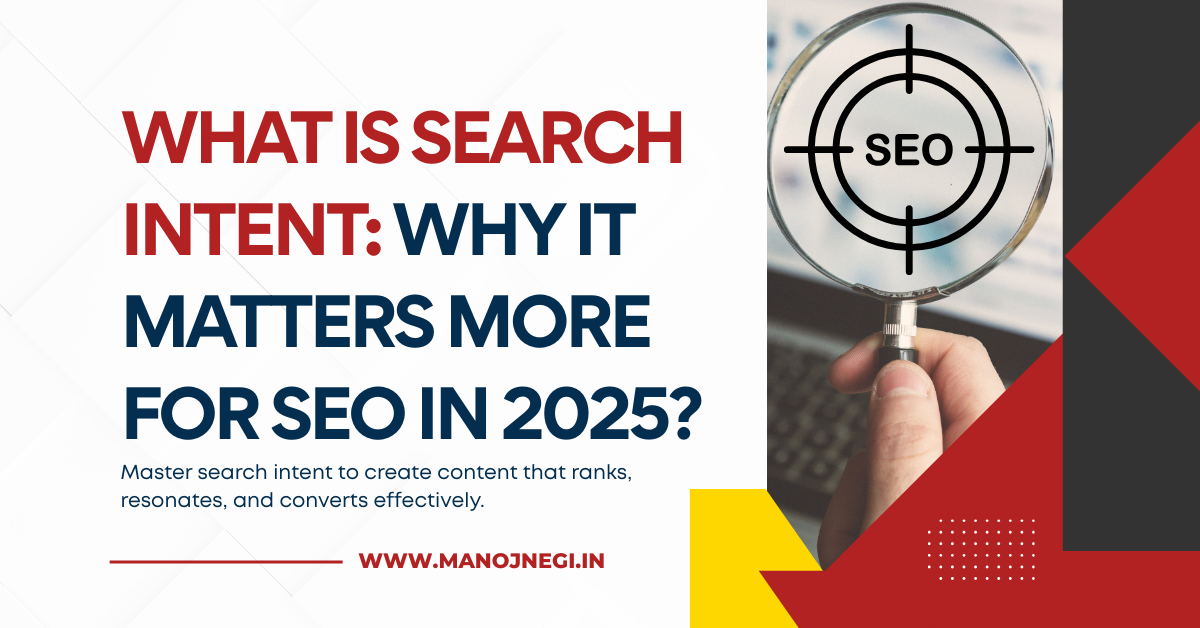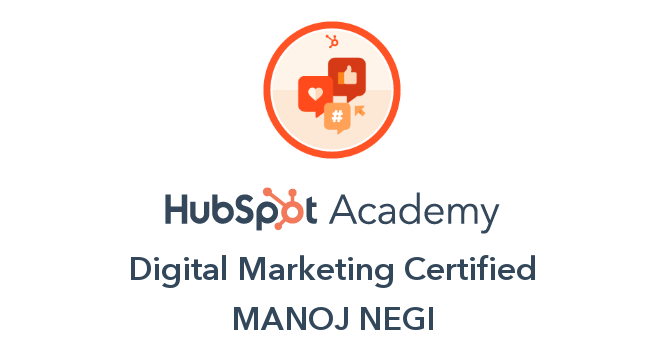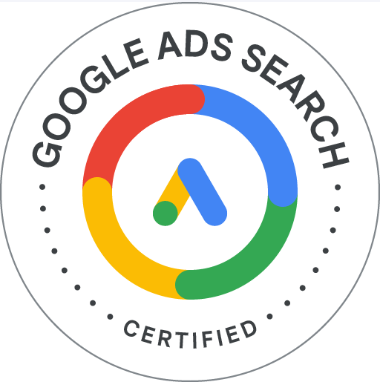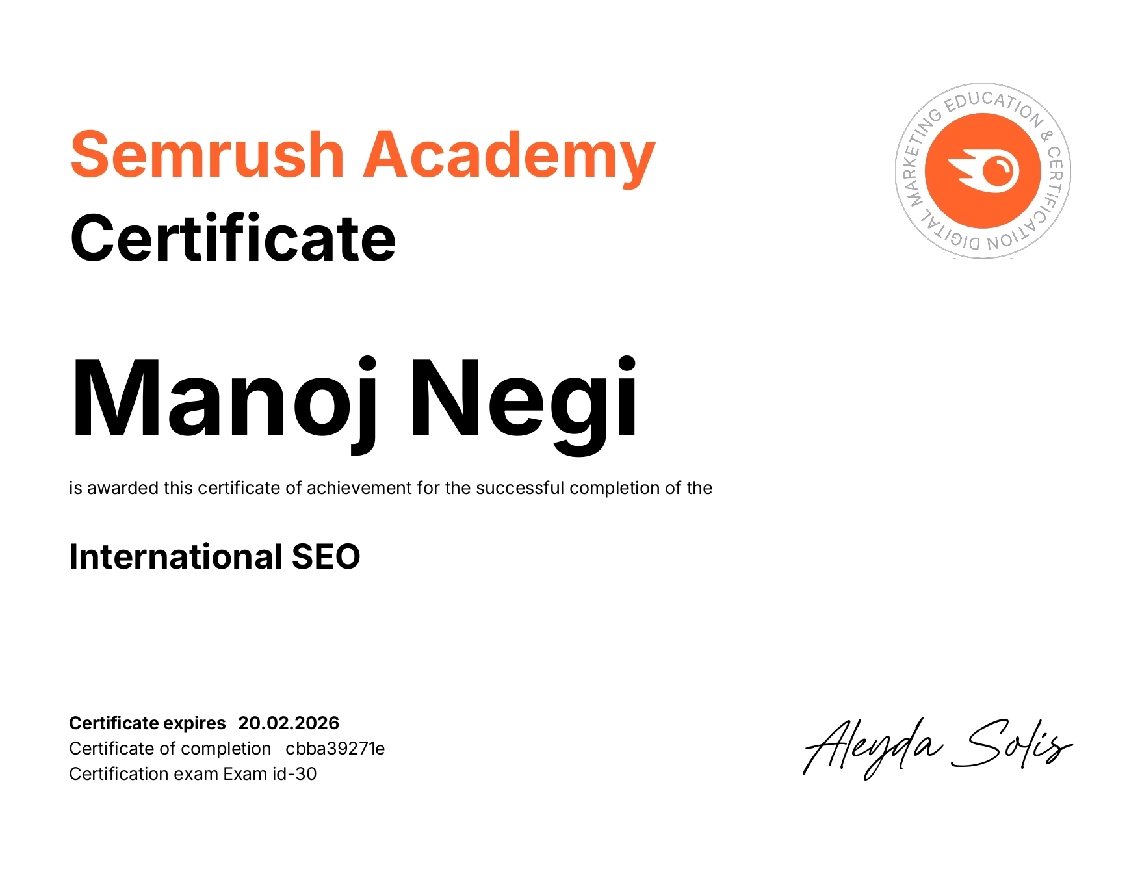The purpose of the a user for which he/she searches a query on the internet is called “search intent.” In other words, “why” behind every query can be called user intent or search intent.
In the early days of SEO, ranking higher on the SERPs was all about adding keywords and manipulating search engine bots. Well, in 2025, the game has changed completely.
Nowadays, search engines have become smarter. They know the search intent of a user and based on that, they decide which content must rank higher. Hence, the theory is simple, the content that ignores the search intent will not perform.
In this post, we will have a comprehensive look at what a search intent is and why it is important for SEO in 2025.
What is Search Intent?
Search intent, also known as user intent, is referred to the purpose of the user behind online search. In other words, we can say that search intent is reason why someone is searching a query on the internet.
Every time a user makes a query on Google or any other search engine has a goal in his/her mind. The goal could be a quick information about something, comparison, or to buy a product.
What Are the Different Types of Search Intent?
There are four core types of search intent:
1. Informational Intent
As the name suggests, this intent is when a user is looking for an information on a topic. For example “What is SEO vs Google ads?”
2. Navigational Intent
This is when a user wants to navigate to a specific website or page. For example “Manoj Negi website” or “Gmail login.”
3. Transactional Intent
Here, the user wants to purchase something or take a direct action. For example “Buy iPhone 16 online.”
4. Commercial Investigation
This is where the user wants to purchase something but is looking to compare between a few products/services. For example “Best smartphones under 35000.”
Understanding the intent of your target audience segment helps you craft the right type of content and influence their decision making.
Why Search Intent is Highly Important for SEO in 2025?
There are several key reasons why focusing on search intent is important than ever for SEO in 2025:
1. Google’s Algorithms Are Becoming Smarter Every Year
Generative Engine Optimization (GEO) is changing the way search results are displayed. This is also backed by AI-driven search features.
Gone are those days when Google used to show results by matching the keywords in the search queries. Nowadays, Google analyses the meaning behind the query and then decides the best results to be displayed on the top of SERPs.
Hence, if your content does not satisfy user’s goal, it will get buried despite being keyword-rich.
2. User Expectations have Increased
In 2025, people want quick and most relevant results. If they don’t, they bounce quickly. For example, if someone is looking for cheap flights to Singapore, they want quick booking options rather than the history of aviation.
3. SEO Competition is Becoming Fiercer
In this digitally competitive world, most businesses are going online. With that, newer and better digital strategies are being introduced. Hence, SEO is no longer a choice, it’s necessary for survival.
To rank high on the SERPs, you need to deliver the right content, especially the one that matches the user’s intent.
4. Voice Search & Conversational Queries
With the rise of voice assistants like Siri, Alexa, and Google Assistant, queries have evolved to be more conversational and question-based.
For example, a typed search might be “weather Singapore,” but a voice search could be “What’s the weather like in Singapore today?” Understanding natural language queries and the intent behind them is essential for capturing voice search traffic.
How to Optimize for Search Intent in 2025?
So how do you actually put this into practice? Here’s a process that works:
Step 1: Study the SERPs
Before you create content, Google your target keyword and study what’s ranking. If most results are blog posts, that’s a clear sign Google considers the query informational. If product pages dominate, it’s transactional. Let the SERP guide your content format.
Step 2: Match Content to Intent
Don’t force a sales page into an informational query. That’s like trying to sell someone a car when they only asked for directions. Instead, build the type of content Google already favors, then make it better.
Step 3: Layer Value
Even when you meet the base intent, think about the next step. For example, if someone searches “best project management tools,” they’re in the research stage. Don’t just list tools, rather, add comparison charts, pros and cons, and links to deeper reviews.
Step 4: Optimize for Experience
In 2025, SEO isn’t just about text. Use visuals, video, FAQs, and interactive elements to match how people want to consume information. The smoother the experience, the more likely users stick around, and that’s a strong ranking signal.
Step 5: Track Behavior, Not Just Rankings
Rankings are vanity metrics if they don’t drive results. Monitor dwell time, bounce rate, and conversion paths to see if your content is truly satisfying intent. If people aren’t staying or converting, your intent match is off.
The Future of Search Intent and SEO
Looking ahead, search intent will only become more nuanced and personalized. Search engines will factor in user history, location, device type, and even emotional cues to deliver hyper-relevant results.
Augmented reality (AR) and virtual reality (VR) search experiences may also redefine how intent is expressed and fulfilled online.
For marketers and SEO professionals, this means embracing a mindset focused on empathy and understanding the human behind every query.
The days of SEO being about gaming algorithms with tricks and hacks are fading. Instead, it’s about genuine value creation, aligning closely with what users truly need at every stage of their interaction.
Final Thoughts
Search intent is the compass guiding users through the vast internet wilderness. Ignoring it in 2025 means your SEO efforts might miss the mark, wasting time and resources on content that doesn’t resonate.
By truly understanding and optimizing for search intent; recognizing whether users want to learn, compare, navigate, or buy, you place your brand in the right place at the right time.
SEO has become less about simple keywords and more about anticipating human needs, answering real questions, and fostering meaningful connections.
If your SEO strategy embraces this shift, you won’t just rank higher, you’ll build lasting trust and engagement with your audience. And in a digital world brimming with choices, that’s the ultimate win.






